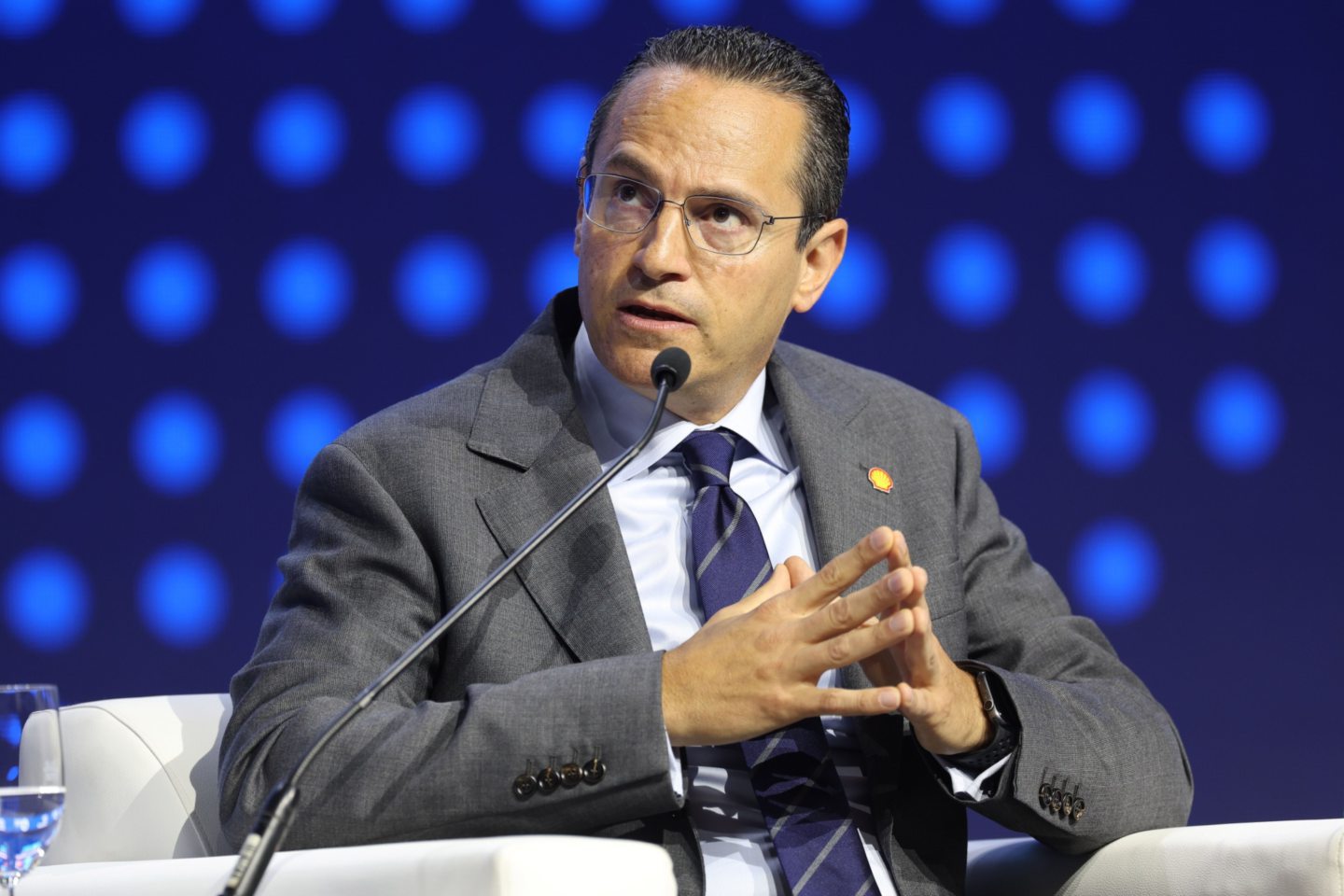
Shell (LON: SHEL) has weakened its carbon emissions targets for the next decade, but said it still intends to become a net zero company by 2050.
It comes amid pressure on European majors to focus on fossil fuels to address the share price gap with US rivals, with CEO Wael Sawan last year promising a “ruthless” focus on generating returns.
Shell has watered down its net carbon intensity goals to 2030, previously aimed at a 20% drop by 2030, but will now seeks to reduce net carbon intensity by 15-20%.
It has also “retired” its goal of a 45% reduction by 2035 (against a 2016 baseline) citing “uncertainty in the pace of change in the energy transition”.
The announcement, made through a new Shell energy transition strategy, comes as the major recently sold its retails business in the UK and Germany to supply renewable power to homes.
Shell unveiled a new target to cut customer emissions from use of its oil products by 15-20% by 2030 against 2021 levels, highlighting a shift towards its core fuels business.
The move follows rival BP, which rolled back on the pace of its withdrawal from oil and gas last year.
Mark van Baal, founder of activist investor group Follow This, said: “With this backtrack, Shell bets on the failure of the Paris Climate Agreement which requires almost halving emissions this decade.”
Follow This has field a resolution with other investors at Shell AGM to push the company to align with the Paris Agreement.
Mr van Baal added: “Only Shell’s shareholders can change the board’s mind by voting for our climate resolution at the shareholders’ meeting in May.”
“This backtracking removes any doubt about Shell’s intentions: the company wants to stay in fossil fuels as long as possible.
“The board not only endangers the global economy by exacerbating the climate crisis, but also puts the company’s future at risk through policy interventions, disruptive innovation, stranded assets, and accountability for the costs of climate change.”
Shell changes energy transition strategy
Last year, Shell said 200 positions in its low carbon emissions business would be cut, with another 130 up for review.
The London-listed firm published its first energy transition strategy in 2021.
CEO Wael Sawan said: “Over the past three years we have seen the critical importance of secure and affordable energy for economies and people’s lives.
“As the world’s population grows by an estimated 2 billion people by 2050, and the benefits of energy are extended to the hundreds of millions who do not have it today, demand for energy will only grow.
“At the same time, the world must achieve an orderly transition away from fossil fuels to low-carbon energy to achieve net-zero emissions.
“Today, fossil fuels meet around 80% of global energy demand, with an even greater reliance in many developing countries.
“We support a balanced energy transition, one that maintains secure and affordable energy supplies as the world moves to net zero.”
Recommended for you


 © Bloomberg
© Bloomberg